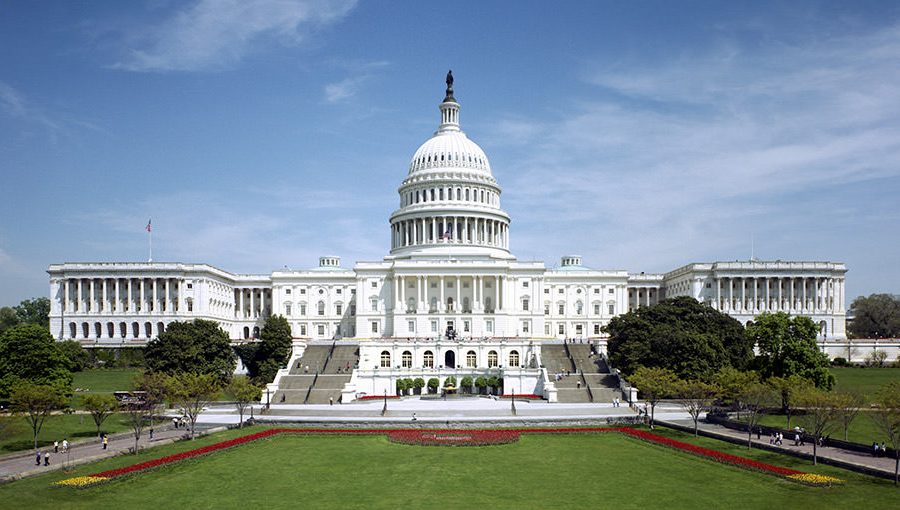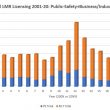Attempt to pass T-Band repeal bill quickly in Senate blocked
An effort to pass a bill repealing a law requiring the FCC to auction public-safety spectrum from 470 MHz to 512 MHz—airwaves known as the T-Band—by voice vote on the Senate floor was blocked yesterday, but public-safety representatives remain optimistic that Congress could act on the matter later this year.
Sen. Ed Markey (D-Mass.) proposed that the Senate approve H.R. 451—a bill repealing the T-Band auction mandate that the House approved overwhelmingly last week—via unanimous consent, which would have let the Senate bypass the normal committee processes to prepare legislation for a vote.
Markey noted that Congress “unfortunately” mandated in 2012 that the FCC in February begin to auction public-safety T-Band spectrum that is used to support LMR systems that provide mission-critical communications in 11 of the largest metropolitan areas in the U.S.
“This [T-Band spectrum] resource is nothing short of life saver,” Markey said yesterday on the Senate floor. “T-Band really stands for ‘trusted band’—it is the resource public safety can rely upon.”
In addition, an FCC auction is not expected to generate the more than $5 billion in revenue needed to fund the relocation of public-safety LMR systems to other spectrum—and in many cases, there is no alternative spectrum, according to Markey.
“This is their only option,” Markey said. “This is not a partisan issue. It is a public-safety imperative. There is no cost associated with stopping the T-Band auction, and Congress must ensure that the people who step up to keep us safe are taken care of.
“Congress can no longer drag its feet. We have run out of time … We can and we must resolve this problem today. Today is the day to do it.”
But Sen. John Barrasso (R-Wyo.) objected to the motion on behalf of Sen. Ted Cruz (R-Texas), effectively halting the unanimous-consent effort. Barrasso urged Markey to work with Cruz to add an amendment to the bill “that would not be objectionable to supporters of this bill” and noted that Cruz is “fully willing” to work with Markey on the matter.
Barrasso did not discuss the substance of the amendment being proposed by Cruz. However, Cruz co-sponsored legislation introduced this summer that would repeal the T-Band auction mandate while requiring the National Telecommunications and Information Administration (NTIA) to identify 42 MHz of federal spectrum that could be auctioned by the FCC by the end of 2021.
In addition to repealing the T-Band auction mandate, H.R. 451 also would prohibit state and local governments from using 911-fee revenues for purposes that not related to 911—a process commonly known as “raiding.”
To enact legislation, the House and Senate must resolve any language differences between similar bills before making final approval. This process could extend the time needed to get a T-Band auction appeal passed, according to Beltway sources.
Multiple Beltway sources said they are confident that legislation repealing the T-Band auction mandate to the FCC would pass easily, if it were introduced as a “clean bill” that lacks other items attached to it. Indeed, there is overwhelming support in both political parties to avoid an FCC spectrum auction that is likely to fail and would leave public safety agencies using the spectrum in limbo.
Although the unanimous-consent effort this week was not successful, public-safety representatives indicated that there should be other opportunities to pass a measure repealing the T-Band auction mandate. In addition to the normal committee process or revisiting the unanimous-consent path, the T-Band language could be included in legislation associated with COVID-19 measures.















